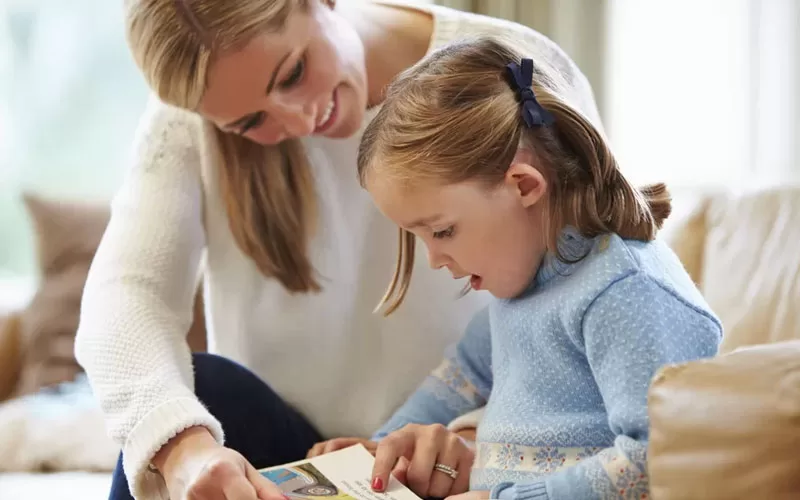
Parenting brings along a whole set of challenges, and in addition to raising kids who are responsible, well-mannered, and kind, we also have to ensure that they are equipped with knowledge. Learning will help them face the world in more ways than one, for it is a way of empowering them, and education is one of the greatest gifts a parent can bestow upon a child. Nagging may seem like the simplest solution to help kids learn, but it is in fact divisive and may cause more issues in the long run, as children will begin to associate learning with negativity. Here are some ways to motivate the kids to learn, without having to resort to nagging.
Pile on the Positivity
In this helpful article, Dr. Robert Myers explains why nagging is unhelpful, and though his article is engineered for parents of children with ADD or ADHD, it serves as a good guideline for understanding why there needs to be a better way to motivate learning. Positivity is perhaps the hallmark of all this, and the overarching theme of this article. As we cascade into the following points, you will see how maintaining an overall sense of positivity is the first step that helps in motivating your kids and even laying down the law when it comes to learning at home. Using encouraging words, avoiding raised voices, and praising them when they take the initiative to learn are some ways to go about it.
Communicate With One Another
While nagging is rather one-sided, a healthy debate is quite the contrary. Opening the lines of communication between a parent and a child is an integral step here. Once this has been established, both parties will be able to listen to one another and communicate their thoughts and opinions to each other in a calm and judgment-free environment. This not only helps parents to understand the struggles kids may be facing with school work or learning but will help kids learn and understand the importance of voicing their opinions. The American Psychological Association goes as far as to list ways in which parents can encourage this behavior at home, and it includes tips on how to present yourself in a manner that is gentle and relaxed, which will in turn cause your kids to react to you in a more positive way.
Reward Good Behavior
This is essentially referred to as positive reinforcement, which harkens back to the overall theme of positivity mentioned earlier. It takes the focus away from the negativity of a situation and instead looks at what a child is doing right. This website lists some great ways for you to start using the technique of positive reinforcement in your parenting, and it can certainly be used when attempting to motivate kids to learn, particularly in terms of using a reward system to encourage this kind of positive behavior to continue. What the reward is depends on you, and it does not have to be extravagant.
Ensure Kids Are Active Participants
Kids will feel more involved and presented with a more hands-on approach to learning. It will also help them to build their cognitive abilities, in terms of critical and creative thinking. When parents give kids the power to try out different ways of learning and yes, even make mistakes, it gives the kids a sense of accountability and independence. This is very much similar to the Montessori Method, which places emphasis on the mentors being supportive yet not overbearing in the learning process, so that “freedom within limits” can be enjoyed by the kids. Using games is a great way to encourage active participation with kids, as it will help the kids to see that learning is collaborative and that they have every right to participate actively, and dynamically.
So there you have it! It is possible to help kids learn without having to resort to nagging or bitter arguments. In this case, everybody wins. We hope this list has empowered you to take a more positive route in dealing with kids and their approach to learning. Let us know in the comments if you’ve tried the techniques listed here, or if you have alternative ways to deal with the issue at hand.
Leave a Reply